







Read More
Post-Basic B.Sc. Nursing helps demonstrate critical thinking skills in decision-making in all settings. It teaches the practice of nursing within the framework of the code of ethics and professional standard of conduct. Students pursuing this programme are expected to effectively communicate with health team members and communities.
Year wise Course Details
Courses for this year
This course is designed to help novice nursing students develop knowledge and competencies required to provide evidence-based, comprehensive basic nursing care for adult patients, using nursing process approach.
The course is designed to assist the students to acquire basic knowledge and understanding of the principles of Nutrition and Dietetics and apply this knowledge in the practice of Nursing.
This course is designed to enable the students to develop understanding about basic concepts of psychology and its application in personal and community life, health, illness and nursing. It further provides students opportunity to recognize the significance and application of soft skills and self-empowerment in the practice of nursing.
This course is designed to help the students understand and use skills of English language require for their professional work.
This course is designed to equip the students to review and apply their knowledge of Anatomy, Physiology, Biochemistry and Behavioral sciences in caring for adult patients with Medical/Surgical disorders using nursing process approach and critical thinking. It also intends to develop competencies required for assessment, diagnosis, treatment, nursing management, and supportive/palliative care to patients with various Medical Surgical disorders.
This course is designed to equip the students to review and apply their knowledge of Anatomy, Physiology, Biochemistry and Behavioral sciences in caring for adult patients with Medical/Surgical disorders using nursing process approach and critical thinking. It also intends to develop competencies required for assessment, diagnosis, treatment, nursing management, and supportive/palliative care to patients with various Medical Surgical disorders.
: This course is designed for developing an understanding of the modern approach to child-care, identification, prevention and nursing management of common health problems of neonates and children.
This course is designed for developing an understanding of the modern approach to child-care, identification, prevention and nursing management of common health problems of neonates and children.
This course is designed to enable students to acquire understanding of fundamentals of Microbiology, compare and contrast different microbes and comprehend the means of transmission and control of spread by various microorganisms. It also provides opportunities for practicing infection control measures in hospital and community settings.
The course is designed to assist the students to acquire knowledge of the normal biochemical composition and functioning of human body, its alterations in disease conditions and to apply this knowledge in the practice of nursing. This course introduced the basic principles of biophysics related to nursing.
This course is designed for students to develop knowledge and competencies on the concepts and principles of midwifery. It helps them to acquire knowledge and skills in rendering respectful maternity care to woman during antenatal, intranatal and postnatal periods in hospitals and community settings. It further helps to develop skills in managing normal neonates and participate in family welfare programs.
This course is designed for students to develop knowledge and competencies on the concepts and principles of midwifery. It helps them to acquire knowledge and skills in rendering respectful maternity care to woman during antenatal, intranatal and postnatal periods in hospitals and community settings. It further helps to develop skills in managing normal neonates and participate in family welfare programs.
Courses for this year
The course enables the students to understand the national health care delivery system and to participate in the delivery of Community Health Nursing
This course is reorient students to sociological relation to community and social institution in India and its relationship with health, illness and nursing
These courses enable the students to recognize and appreciate the causes, symptoms and process of abnormal human behavior. It also introduces the student to the present day treatment modalities in the light of psychological, social and cultural factors affecting human behavior. This course helps the student to learn principles of mental health and psychiatric nursing and to develop beginning skills in the management of the mentally ill in hospital and community.
This course introduces the students to the principles and concepts of education, curriculum development and methods and media of teaching. It also describes the steps in curriculum development and implementation of education programmes in nursing.
The course enables the students to understand the national health care delivery system and to participate in the delivery of Community Health Nursing
This course is designed to give an opportunity to the student to gain an understanding of the principle of administration and its application to nursing service. It is also intended to assist the students to develop an understanding of professional leadership need
The course is designed to assist the students to develop an understanding of basic concept of research and statistic, use the finding of nursing research in nursing practice, apply the knowledge in conducting project and solve problems related to nursing using scientific methods.
These courses enables the students to recognize and appreciate the causes, symptoms and process of abnormal human behavior It also introduces the student to the present day treatment modalities in the light of psychological, social and cultural factors affecting human behavior. The course helps the student to learn principles of mental health and psychiatric nursing and to develop beginning skills in the management of the mentally ill in hospital and community.

CST- Common scholarship test is a national and international level online MCQ based examination funded for intellectual empowerment by Assam down town University.
CST- Maximum enrolment each year is 120 seats and any 10+2 students can apply. Adtu is northeast India’s first placement driven university to provide 100% scholarship benefits worth 10 cr.
CST aims to inspire brilliant and competent students to pursue further education. Accredited with a prestigious grade by NAAC, UGC and AICTE.
Explore more scholarships that can help you reach out your goal with financial aid.
This scholarship is valid on the basis of the board/university examination
| 95% & above | 100% Scholarship on all semester |
| 90%-94.9% | 50% Scholarship on all semester |
| 80%-89.9% | 25% Scholarship on all semester |
This scholarship is valid on the basis of the board/university exam
| National & International Level | 100% Scholarship on all semester |
| State Level | 50% Scholarship on all semester |
| District Level | 25% Scholarship on all semester |
This scholarship is valid on the basis of the board/university exam
| National & International Level | 100% Scholarship on all semester |
| State Level | 50% Scholarship on all semester |
| District Level & NCC Certificate Holder | 25% Scholarship on all semester |
Discover a multitude of world-class amenities and cutting-edge resources at Assam down town University, enhancing your academic journey to new heights.
The Start-Up & Incubation Centre at Assam down town University provides a supportive environment for young entrepreneurs to develop and grow their business ideas. The center provides mentorship, funding, and networking opportunities to help innovative ideas become successful businesses.
SFURTI scheme to support rural entrepreneurs and innovators, an initiative by the Ministry of MSME
TIDE 2.0 scheme for ICT-based startups which provides a grant of Rs. 4L and Rs. 7L under EiR and Grant categories respectively, an initiative by the Ministry of MeitY.
dtVL Ideation, an incubation program for early-stage entrepreneurs with a market-ready solution/product, offering interest-free loans up to Rs. 2 lakhs.
Sprout UP, an incubation program for students, faculties, and researchers with innovative business ideas, prototypes, or technology solutions.
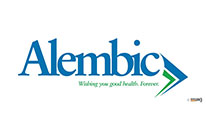










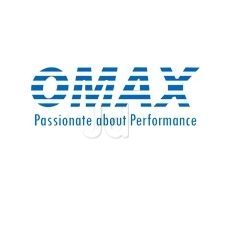

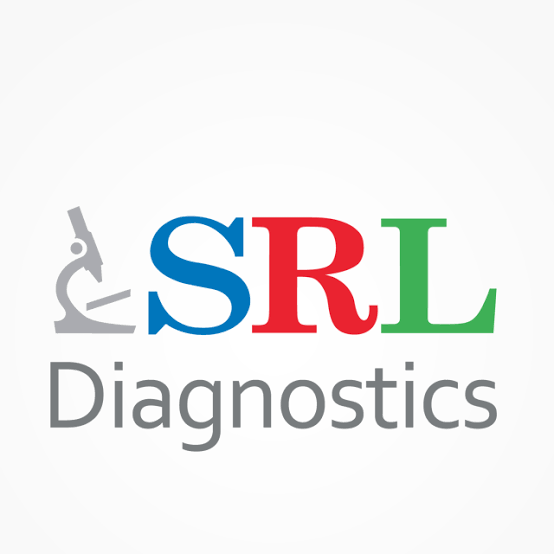
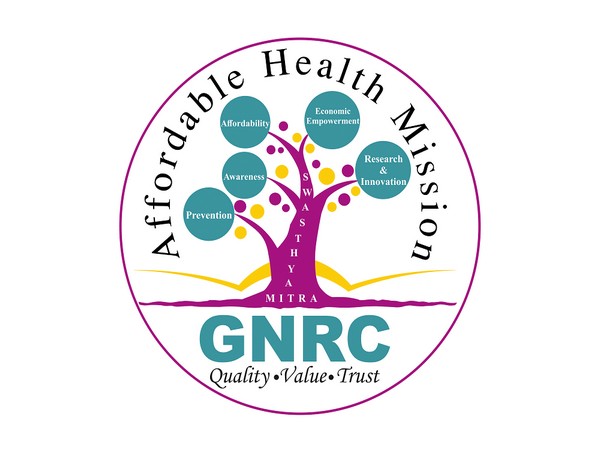


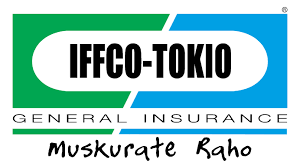
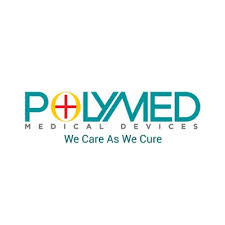










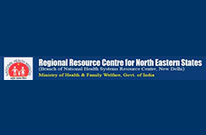



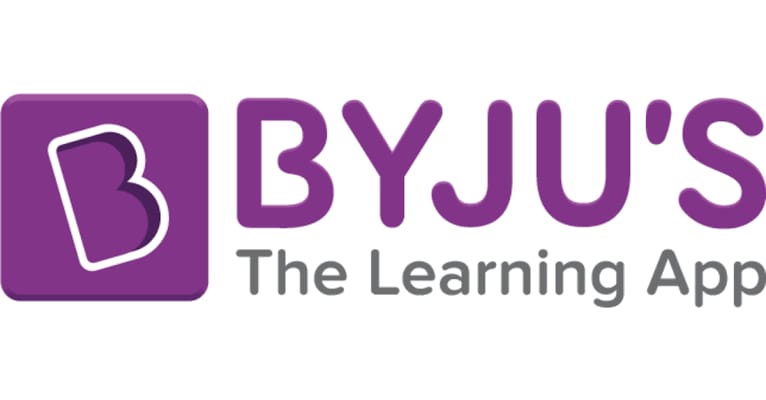

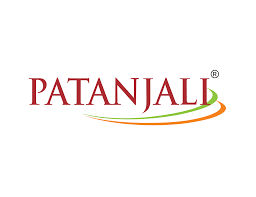














"I am a BBA student of 3rd semester. I hail from Bhutan. I vow that I am having a great experience i...
"AdtU is amazing. I am a BBA student of 2019-22 batch and I am just grateful for the amount of oppor...
Let us be grateful to the people and place who makes us happy. They are the charming gardeners whom ...
Currently I am pursuing MBA in Assam Down Town University. MBA is the professional course through wh...
AdtU is a university that focuses on giving knowledge, education and simultaneously making the stude...
The Assam downtown University has been a great learning experience. The university has provided me w...
My experience with AdtU has been splendid one indeed. Little needs to said about its scenic infrastr...
As a student I am very glad that I have got an opportunity to study here in Assam downtown universi...
My name is Sakhyajit Roy. I?m from Tripura. I joined the university on Auguest, 2017 as a student of...
I share immense pleasure to share my post graduate program experience in Assam down town University....
AdtU is a platform where I got golden opportunities to feed my zeal for knowledge through the dynami...
I am fortunate to get an opportunity to study here in Assam Downtown University. The best thing abou...
Our university is one of the best place for developing ourselves in the field of research and acedem...
ADTU is a university that is very good interms of infrastructure, academics and placements. Our tea...
It is one of best private colleges in North East India, it also provides a good environment for ed...
ADTU is a good University which provides the students with best quality lectures and ensures comfort...
The environment of Assam downtown university is very pleasant.The department of BMLT is very good a...
The university has all the necessary facilities and amenities for students . The classrooms and the ...
Assam downtown University is well recognised all over india. In the ongoing pandemic situation it ha...








